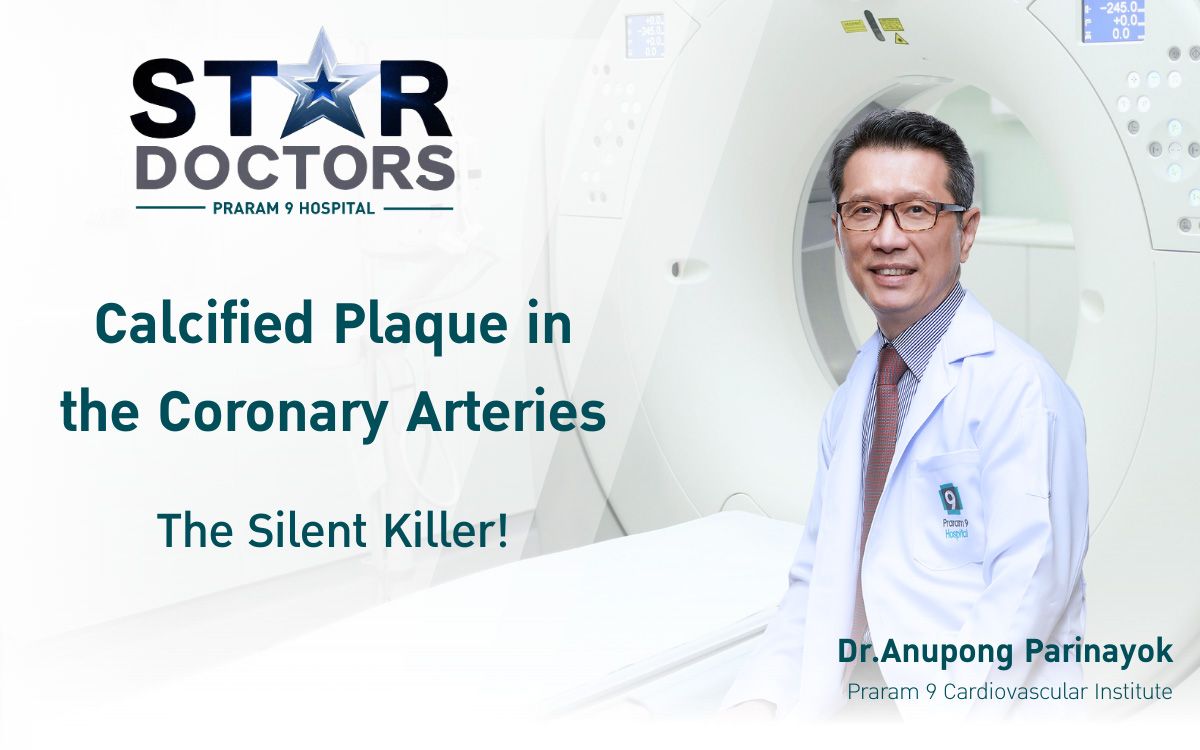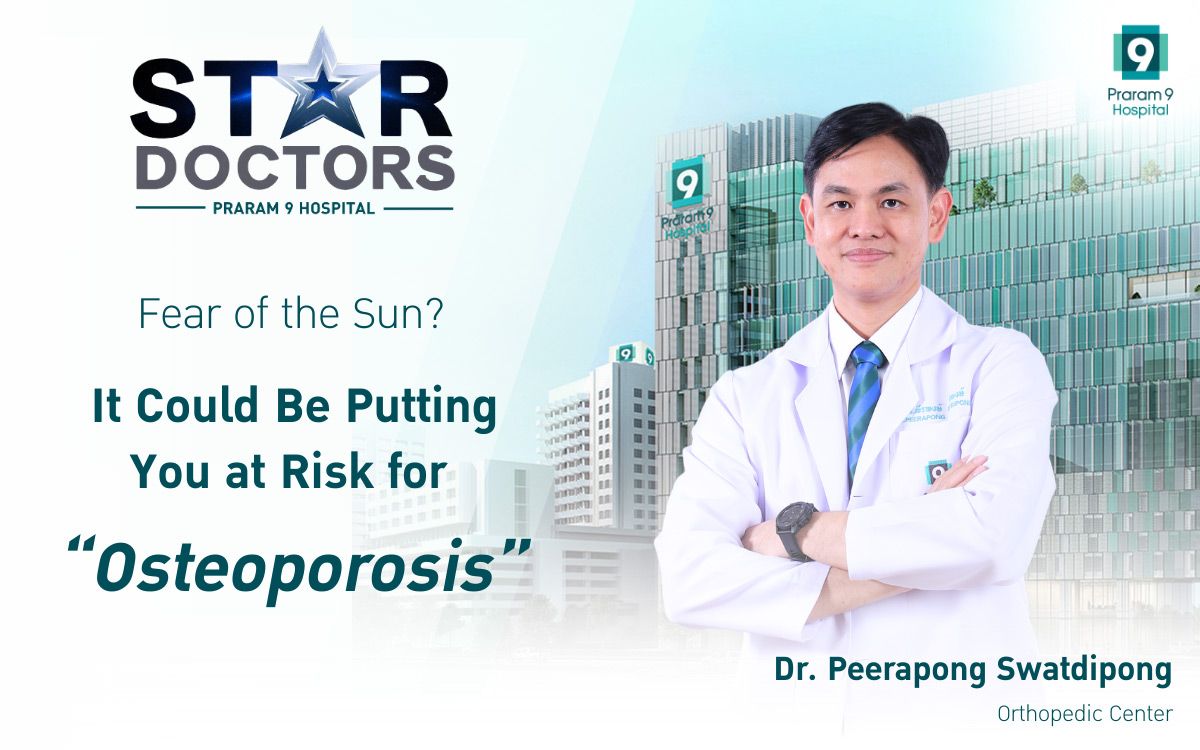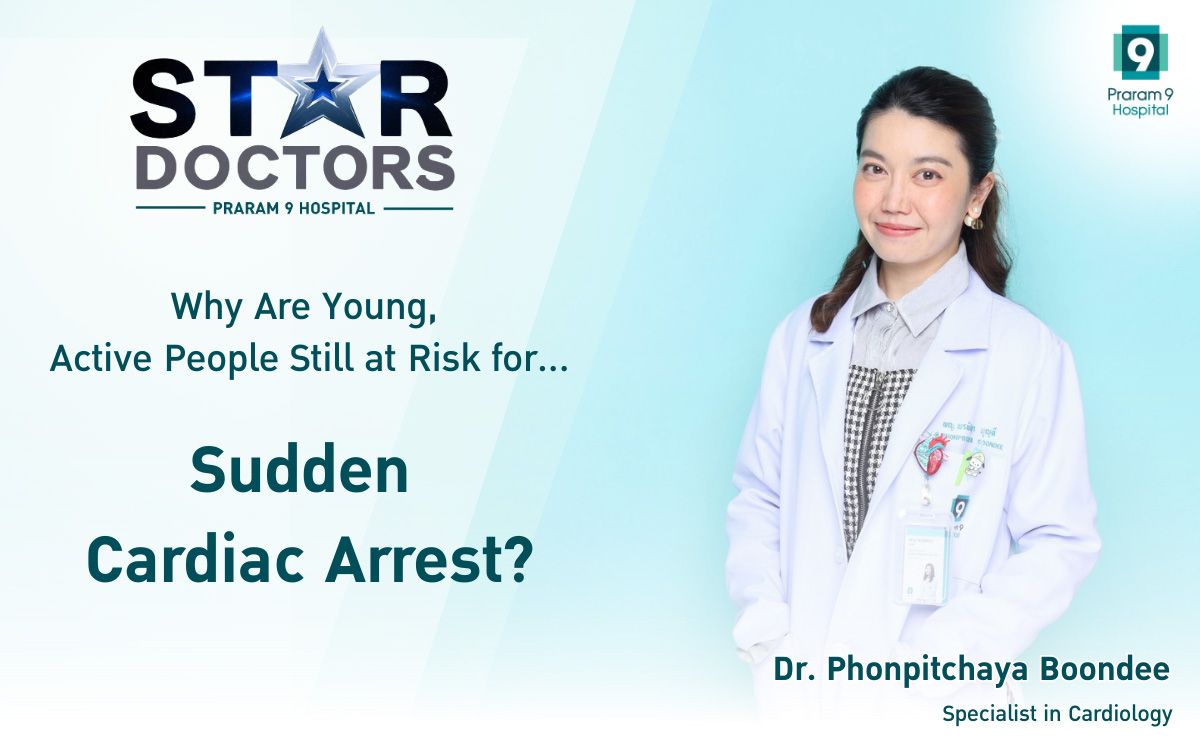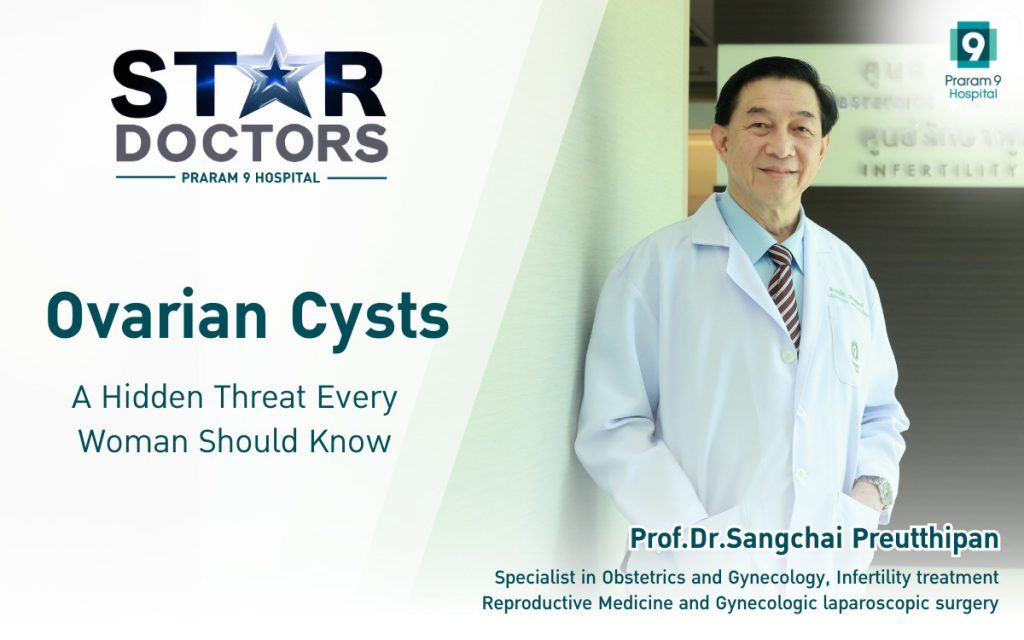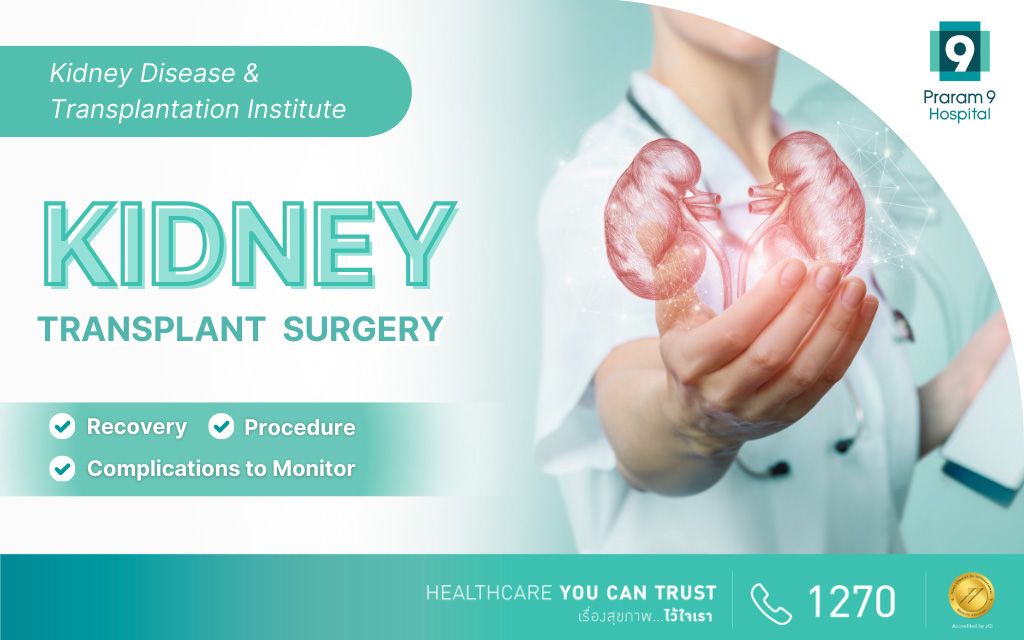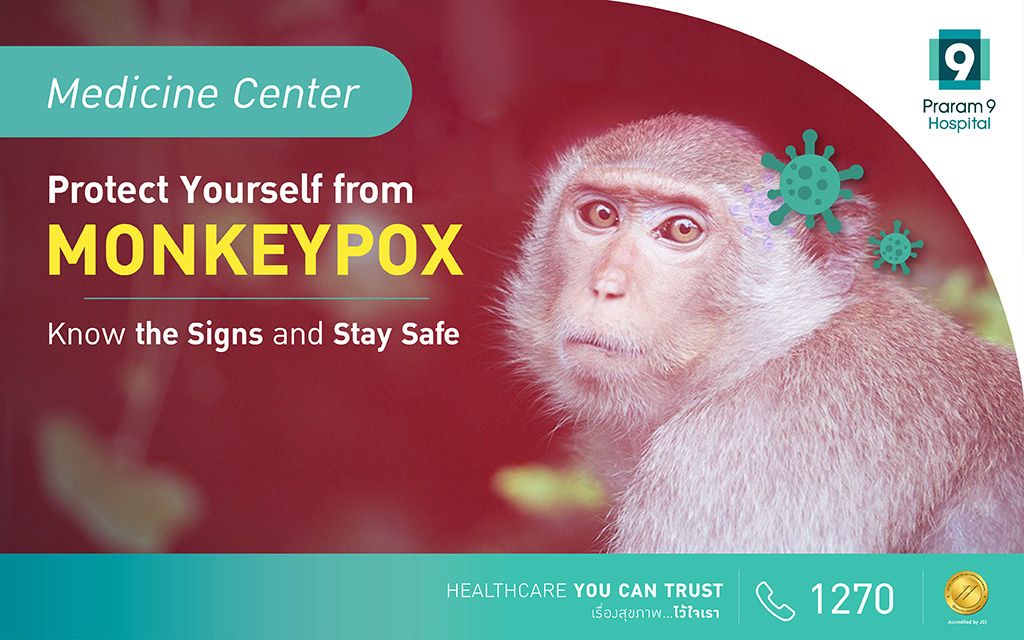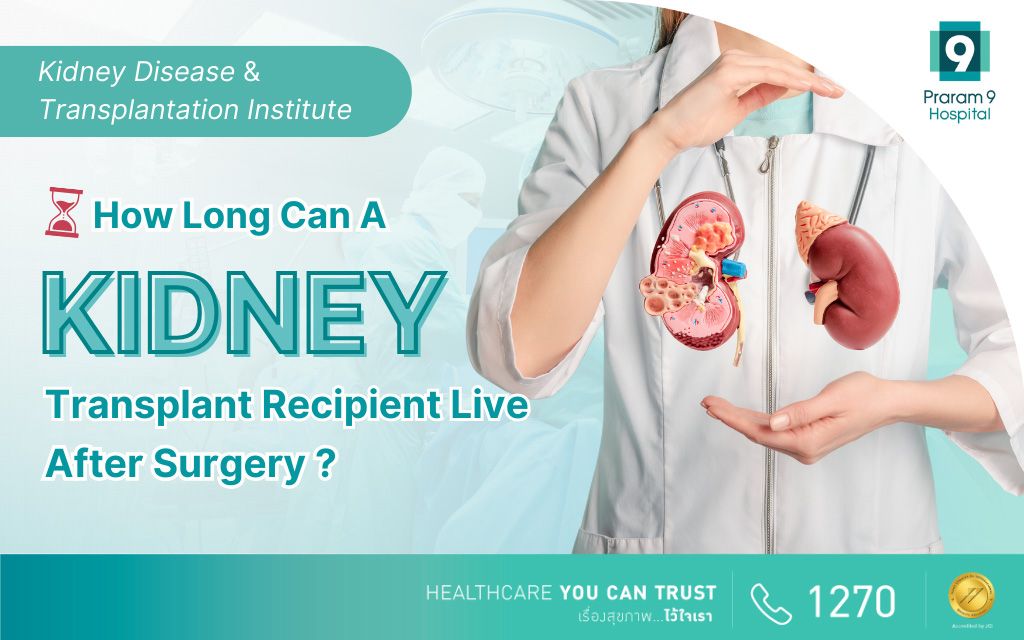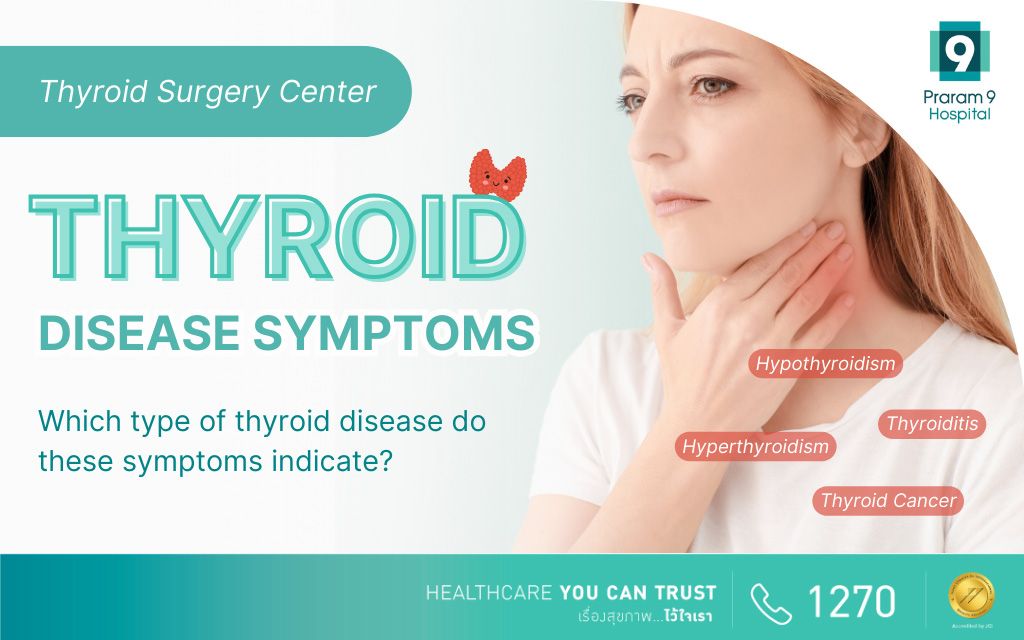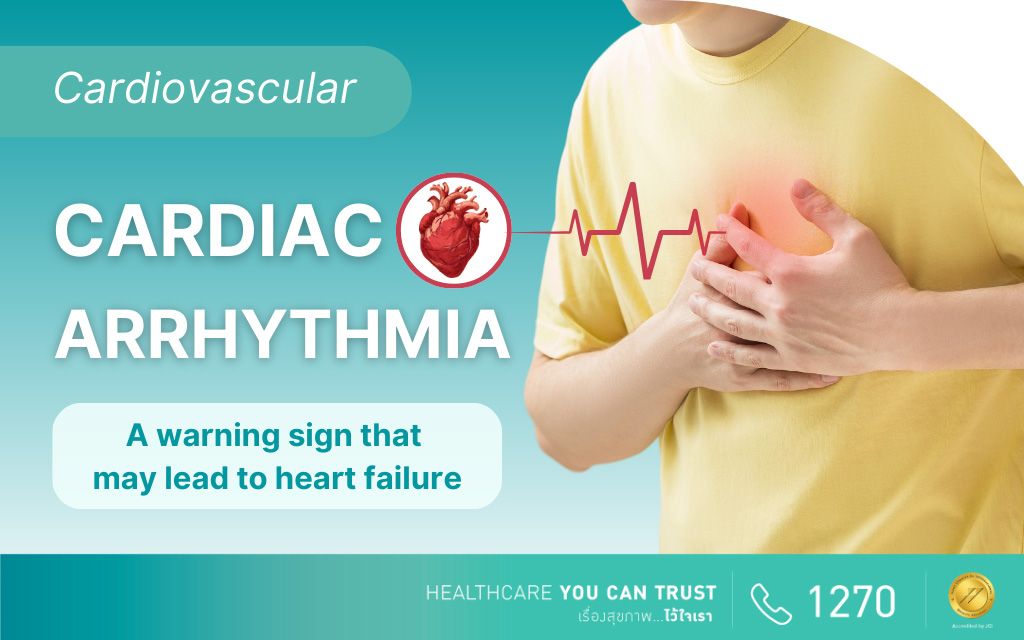Health Articles
Knowledge
What is heart disease
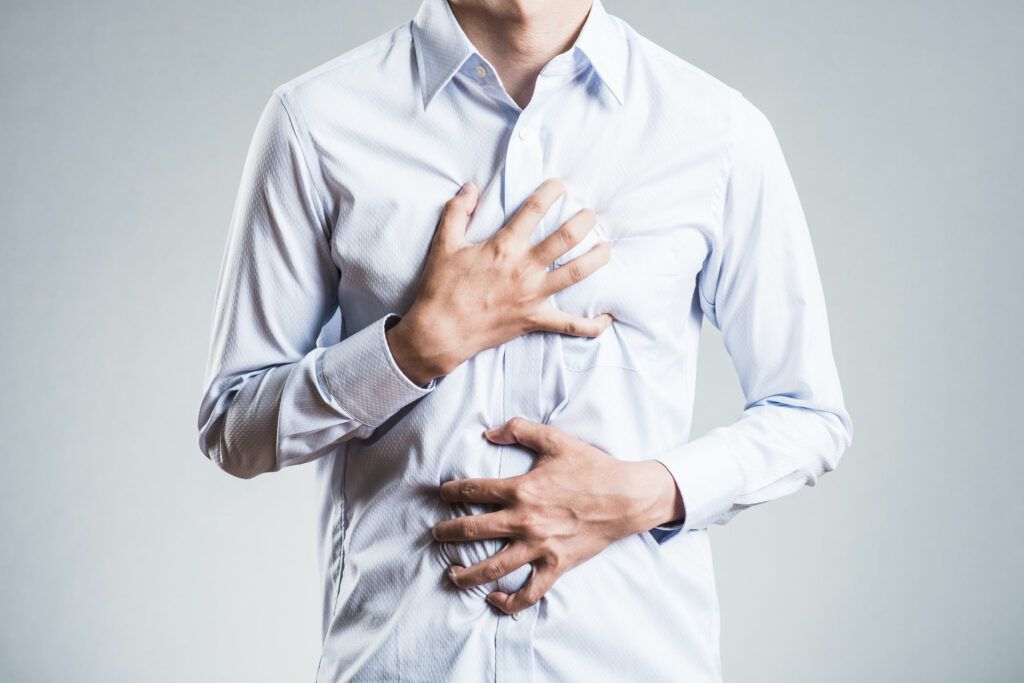
Heart Disease
Cardiovascular disease can be referred to several conditions:
Heart disease also known as heart and blood vessel disease contains several issues, many of which is connected to a process called atherosclerosis. Atherosclerosis is a condition that develops when a substance called plaque builds up in the wall of the arteries. This buildup causes the passageway of the arteries to become smaller, as a result, blood cells find it more difficult squeeze pass. This can result in a heart attack or stroke.
Heart attack happens when the blood flow to a part of the heart is blocked, usually by blockage caused by buildup of blood clot. If the blockage become large enough to completely cuts off the supplies of the blood, the muscle of the heart connected to that artery starts to die. Although many people survive their first heart attack and recovered enough to enjoy their normal lives, experiencing a heart attack does mean that you need to make some life adjustment. The medications and lifestyle adjustment that your doctor recommends may vary depending on how badly damaged your heart was and the degree of impact heart disease caused the heart attack.
Stroke is similar to heart attack in term of the process which the artery is blocked by the buildup of blood clot but is directed to the brain instead of the heart. When the brain cell that is starved of oxygen dies, this can leave a lasting impact such as walking or talking. A hemorrhagic stroke occurs when a blood vessel within the brain bursts, often caused by uncontrolled hypertension. If the damaged celled cannot be repair or replace, some effects of stroke become permanent. However, the damage can be temporary if the injured cells repair themselves, previously impaired function can improve over time.
Arrhythmia refers to an unusual heart rhythm. There are different types of arrhythmias. The heart can beat too slow, too fast or irregularly. Bradycardia is a condition by which the heart beats abnormally slow, it is when the heart rate is less than 60 beats per minute (BPM). Tachycardia is a condition by which the heart beats abnormally fast, it is when the heart rate is faster than 100 beats per minute (BPM). An arrhythmia can have an impact on how well your heart works. With an irregular heartbeat, your heart may not be able to supply enough blood to meet your body’s needs.
Heart failure also known as congestive heart failure is the condition by which the heart isn’t pumping blood as well normally. The heart does not stop but the body’s need for blood and oxygen isn’t being met. The condition can get worse if ignore.
Heart valve problem: The heart condition called stenosis can occurs when the heart valves do not open enough for blood to pass through as it normally should. On the other hand, the condition called regurgitation occurs if the heart valves do not shut properly resulting in blood leakage. The condition called prolapse happens when the the valve leaflets bulge or prolapse back into the upper chamber.
More Information:
